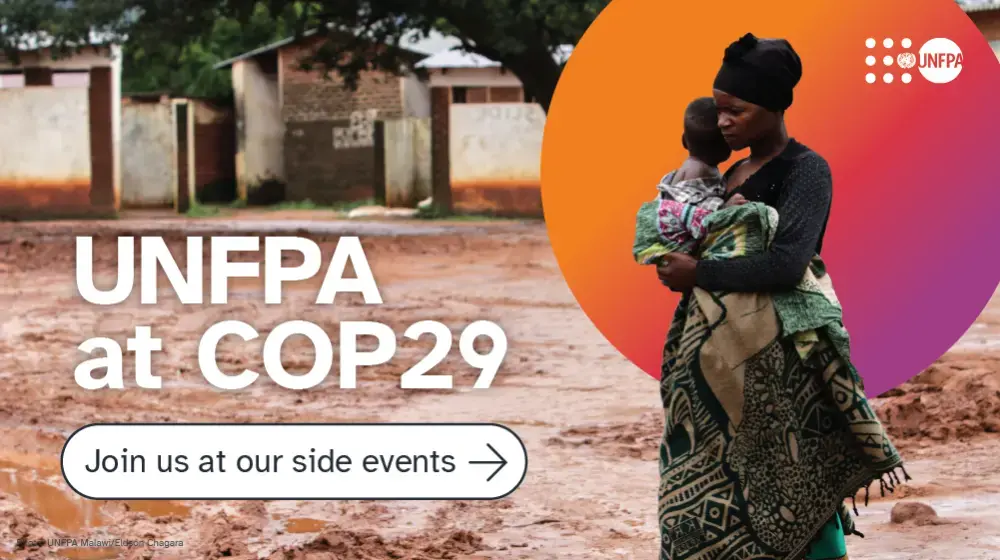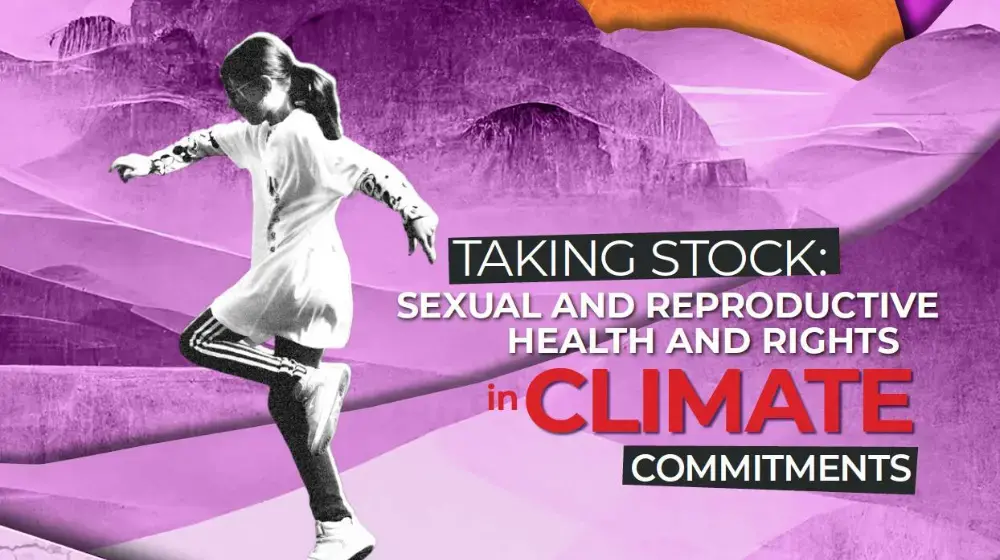In the UNECE region, people are living longer, healthier lives, and have higher levels of education than past generations. This has been accompanied by lower levels of fertility, ageing populations, and more complex migration patterns, all set against a backdrop of economic crisis.
Lower fertility, population ageing, and migration are often perceived as threats to economies and societies. Yet societies can benefit from such changes and prosper, provided that governments and individuals anticipate change and invest in human capital.
Policies for addressing demographic change and bolstering human capital must focus on the needs, rights and well-being of individuals – not on demographic targets. This will ensure inclusive development and equal opportunities for everyone. Societies with effective, sustainable policies that protect human rights, oppose stigma and discrimination, and establish concrete measures to support the poorest and most vulnerable people will have better development opportunities.
This brief is part of a series summarizing key issues and recommendations from the review leading up the July 2013 conference in Geneva. The briefs are meant to inform discussions on how to move ahead with implementing the ICPD agenda in the region in light of recent trends and developments.



